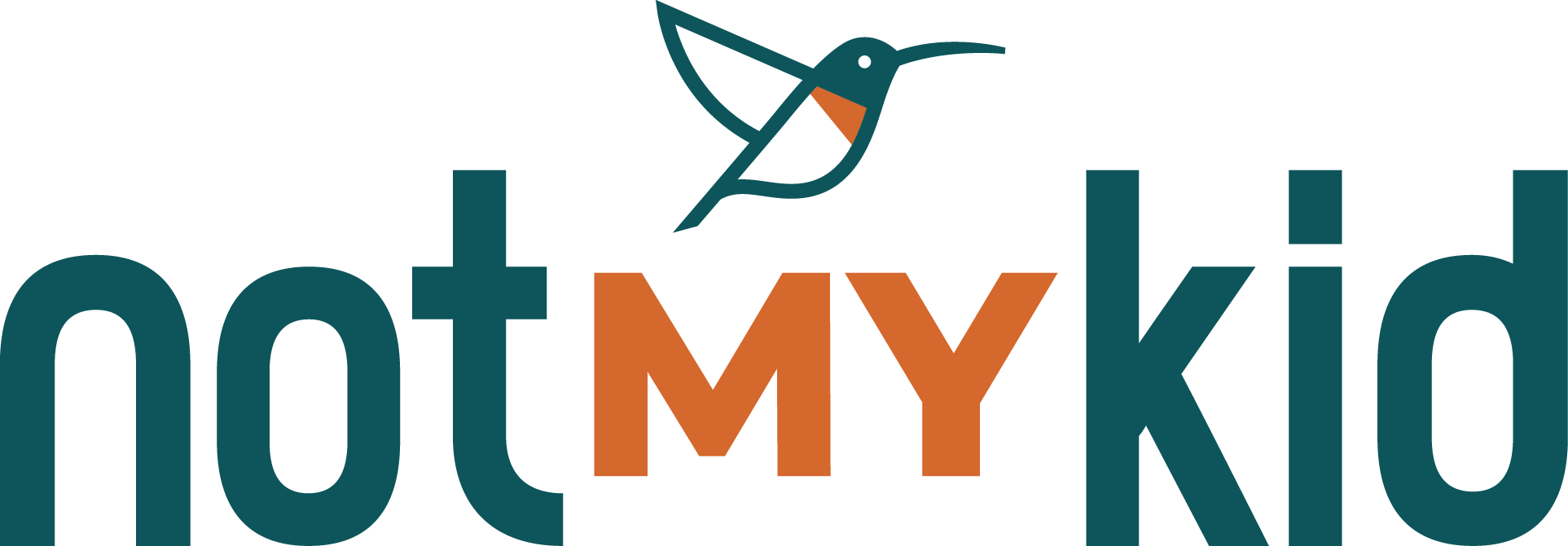The Hidden Cost of Gambling Addiction
How Gambling Can Effect the Family Ecosystem
By Bobbe McGinley, Provider for the Division of Problem Gambling
Founder of ACT—Counseling & Education
Clinical Director, Recovery in the Pines and Birches Health
Gambling— it can be an alluring pastime for some, but the repercussions extend far beyond the individual bettor. The impact it has on families is often underestimated, yet it can be profound and devastating. Here are revealing statistics from problem gambling research institutions around the world shedding light on the intricate ways gambling affects the international family unit.
Financial Strain & Stress: One of the most obvious impacts on families is financial strain. According to the National Council on Problem Gambling, approximately 2.5 million US adults (1% of the population) are estimated to meet criteria for pathological gambling, often leading to severe financial consequences for families.
Divorce Rates: Research indicates gambling addiction is strongly associated with higher rates of divorce. A study published in the Journal of Gambling Studies found divorce rates among couples with a gambling addiction were nearly double that of non-gambling couples.
Child Neglect: In the US, an estimated 6.5 million children live with at least one parent who has a gambling problem, according to data from the National Council on Problem Gambling, resulting in neglect, emotional trauma, and instability within the family unit.
Mental Health Impact: Problem gambling doesn’t just affect the individual; it takes a toll on the mental health of family members. According to the National Council on Problem Gambling, 20-30% of those affected by gambling issues report suicidal thoughts or attempts, exacerbating the emotional strain on families. Speaking with licensed, gambling and gaming disorder specialized providers like Birches Health and others with the Arizona treatment community about a clinical assessment can be the correct first step for many affected individuals, and their surrounding network.
Increased Stress Levels: Families living with a compulsive gambler endure heightened stress levels, with 74% reporting financial stress and 65% reporting emotional stress, according to research conducted by the University of Northern Iowa.
Interpersonal Conflict: Problem gambling is a leading cause of family violence in the US, with 29% of domestic violence incidents involving gambling, according to findings by the National Institute of Justice.
Economic Impact: Beyond personal finances, gambling addiction can have broader economic implications for families and society as a whole. The American Gaming Association estimates the annual cost of problem gambling to the US economy ranges from $32 billion to $54 billion, encompassing expenses related to healthcare, criminal justice, and social services.
Generational Cycle: Children of problem gamblers in the US are at a significantly higher risk of developing gambling problems, with 11% of adolescents of problem gamblers exhibiting signs of disordered gambling, according to a study published in the Journal of Gambling Studies.
Emotional Toll: The emotional impact of gambling on children is profound and long-lasting. A study by researchers at the University of Missouri found that children of problem gamblers are more likely to experience low self-esteem, behavioral problems, and substance abuse issues, perpetuating a cycle of dysfunction and distress.
Social Isolation: Families grappling with gambling addiction in often experience social isolation and stigma, with 65% of affected individuals reporting feelings of shame and embarrassment, according to a survey by the National Council on Problem Gambling.
The effects of gambling are multifaceted and far-reaching. From financial ruin to emotional turmoil, the impact of gambling addiction extends beyond the individual to permeate the fabric of family life. Recognizing the scale of this issue is crucial in implementing effective support systems and interventions to mitigate its harmful consequences and provide hope for affected families seeking recovery and healing.
Learn more at http://www.bircheshealth.com



































